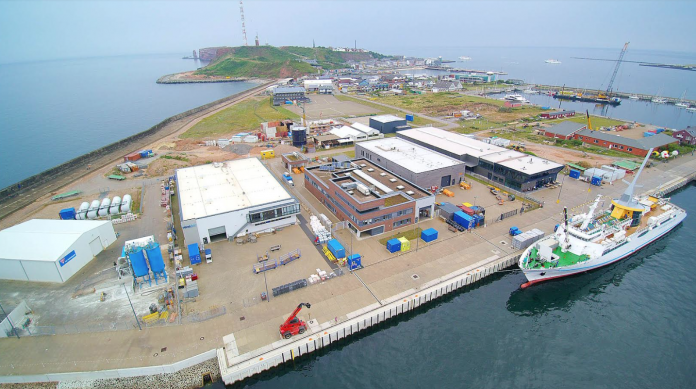The municipality of Helgoland in Germany has commissioned Hamburg Port Consulting (HPC) to carry out a concept study for the construction of a hydrogen bunker station on Deep Sea Island Helgoland.
More specifically, the study will require HPC to investigate the commercial and infrastructural suitability of the island as a potential location for H2 fuel supply for shipping traffic on the North Sea.
While the use of LNG-powered container ships has already become standard, the market is looking for renewable alternatives with long-term potential. Current research focuses on methanol, ammonia and hydrogen drives to replace conventional marine diesel fuels.
The island of Helgoland is frequented in particular by crew transfer vessels (CTVs), passenger and research ships and recreational craft.
At the same time, green hydrogen from the AquaPrimus project will be available in Helgoland in the future, according to Hamburg port.
The concept study carried out by HPC includes, on the one hand, evaluating the market potential of alternative fuels for island shipping with the aim of estimating the potential demand. Taking the local framework conditions into consideration, various refuelling concepts for hydrogen are then examined.
Moreover, another focus is to investigate the conditions and prerequisites for the possible location of a hydrogen bunkering station with reference to suitable plans to ensure the logistics of supplying the fuel.
In addition to evaluating and recommending such plans, the study will include initial estimates of the necessary investments.
“The results of the study will better enable the municipality of Helgoland and its partners to make an investment decision based on realistic costs,” says Patrick Specht, head of sustainability at HPC.
The concept study for a hydrogen bunker station in Helgoland is funded by the German Federal Ministry of Education and Research as part of the hydrogen lead project TransHyDe.







